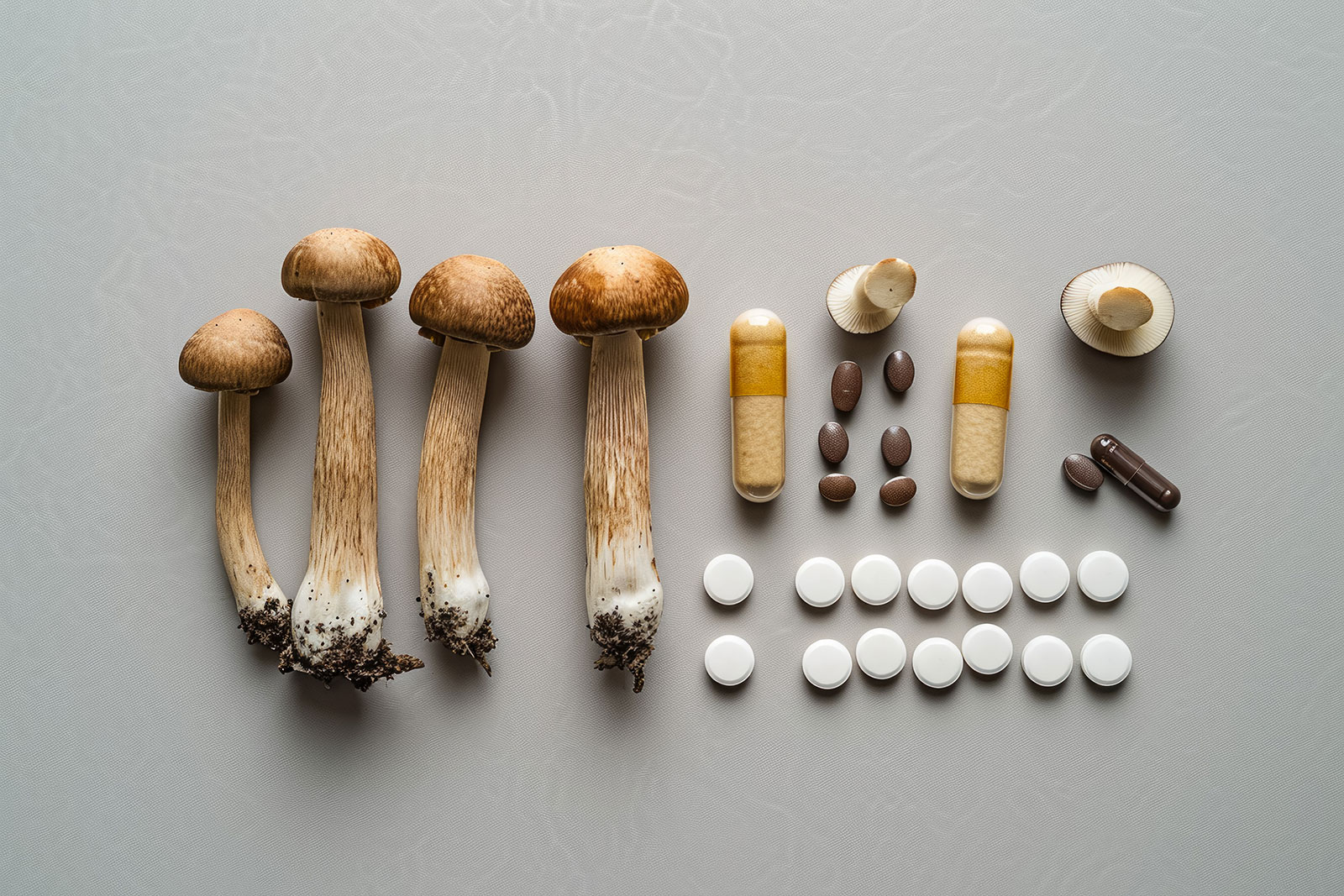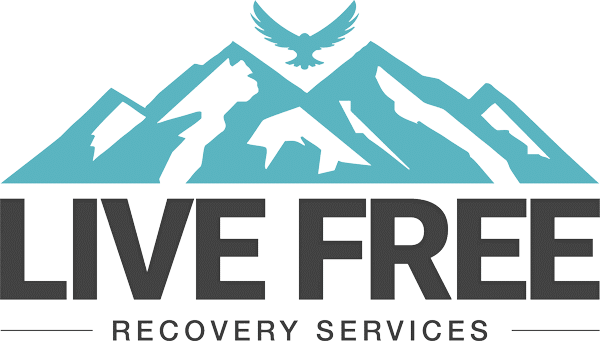Addiction to hallucinogens is tough on both those who experience it and those around the person who is impacted by it. Unfortunately, an individual cannot overcome substance abuse issues without seeking and obtaining help. The good news is that there are resources for those in New Hampshire and elsewhere who do want help as well as for those who want to help a friend or loved one see the benefits of getting sober.
Table of Contents
What Are Hallucinogens?
Hallucinogens describe almost anything that has a psychedelic effect to it. In other words, they help you dissociate from reality and transport you to your own version of time and space. Examples of this type of controlled substance include LSD, mushrooms or peyote, and they can either occur in nature or be made in a lab. Mushrooms are an example of a natural hallucinogen while LSD is an example of an artificial substance.
Anything Can Become Problematic Over Time
Interestingly, an addiction to hallucinogens is a relatively rare occurrence. This is because substances such as LSD don’t typically alter the brain’s chemistry enough to cause dependency when used in moderation. In fact, substances such as LSD are becoming increasingly popular tools to help overcome or control select mental or physical health issues.
However, it’s also important to note that you can become dependent on anything if you take it for a long enough period of time. At a minimum, you will experience diminishing returns over weeks or months of use as your body develops a tolerance to it. Therefore, you will still need to acquire greater amounts of your preferred substance to get high from it, which can be problematic in its own right.
Of course, as substance abuse is linked to mental health issues, you may be at a higher risk of dependency regardless of what you use. For instance, you could become addicted to LSD or mushrooms simply because that’s how you’re wired as opposed to the potency of what you’re ingesting.
You Can Still Experience Withdrawal Symptoms
Another issue that you need to consider when taking anything for a long period of time is that you can experience withdrawal symptoms. These symptoms may include nausea, vomiting or difficulty eating. You may also have trouble sleeping, develop anxiety or experience hallucinations even though you’re no longer taking anything to induce them.
Ultimately, you may decide to keep taking your preferred substance simply to avoid these symptoms even if you don’t necessarily feel like you have to. You also have to consider that while going through withdrawal, you may be a danger to yourself or to your family, which may have unintended consequences. It’s also possible that you’ll need time away from work, which could jeopardize your job or career path.
Seeking Treatment Provides You with a Safe Space
If you decide to take part in an inpatient program, you can go through withdrawal in a controlled and supervised environment. Doing so means that you’re less likely to hurt yourself or cause other long-term damage to your mental or physical health. If need be, a doctor can prescribe medication or otherwise help you through the worst of your symptoms. Generally speaking, it only takes a couple of days to get through the initial withdrawal phase with the rest of your rehab program focusing on creating a baseline that you can build from throughout your recovery.

Recovery Will Likely Last a Lifetime
Typically, an inpatient rehab program lasts anywhere from a week to a month. However, you can stay in such a program for as long as you need before you’re ready to face the world again. Regardless of how long you spend in an inpatient program, you will always be tempted to use again.
This is true even if you ultimately go several months, years or decades without doing so. In fact, it’s not uncommon for people to relapse several times while in recovery. Fortunately, there are outpatient programs available to ensure that you have the resources necessary to maintain your sobriety. Most of these programs feature group therapy sessions as well as help with administering any medication you may take.
Strategies for Staying Sober
There are a number of actions that you can take in an effort to stay sober after going through an initial detox. For example, you could opt for a 12-Step program that has you put your troubles into the hands of a higher power. This higher power could be God, the trees or anything else that you want to represent something greater than yourself.
The idea is to acknowledge that addiction is stronger than you are. In addition, such a program requires you to constantly take stock of your actions and to admit your mistakes as they occur. Over time, you’ll likely find yourself to be more humble and more aware of how your actions impact other people.
If such a program doesn’t fit your needs or worldview, you can opt for various cognitive behavioral therapy (CBT) programs. These aim to help you overcome your triggers by recreating the narrative of your life. Although you won’t forget what happened to you, therapy can help you process what happened so that you don’t have such a strong reaction.
You are also encouraged to engage in self-care such as meditating, going to the gym or engaging in other hobbies. The idea is to have healthy coping mechanisms that you can use when you get stressed, bored or anxious that don’t involve controlled substances.
Potential Impacts of Controlled Substance Use
Whether you use hallucinogens or any other substances, there could be a number of negative consequences of your choice to do so. For instance, if you have children, you may strain your relationship with them because you may be too high to safely interact with them or otherwise serve as a caregiver. You may also strain the relationship that you have with your spouse or coparent as a result of not being capable of being there for your kids.
Friends or family members may also mourn the loss of the person they knew before you started using. They may also be hurt or angry about certain actions you took such as stealing money from their wallets or causing them physical harm.
You may also cause friends and family members to experience mental anguish because they don’t know how to help you. Essentially, they have to watch you self-destruct with little recourse but to hope that you eventually decide that getting sober is more important than continuing to use.
There are also a number of physical and mental health issues to consider when you use any type of controlled substance. For instance, you may experience unwanted flashbacks long after you stop using or try to stop using. You may also be prone to paranoia or heightened levels of anxiety even when not under the influence.
If You Know Someone Who Uses
If you have a friend or a family member who uses LSD or similar types of substances, it can be difficult to watch someone you care about seemingly waste away. However, there are a number of actions that you can take in an effort to help. For instance, you can serve as a shoulder to cry on or someone who will listen to your friend or loved one without conditions. In many cases, simply knowing that someone cares is enough for someone who is struggling with dependency to seek help.
You can also provide your loved one with a job, limited financial resources or other assistance to help stabilize that person’s life. Providing your friend or loved one with support may be enough to convince that person that life is worth living and to seek out a sober lifestyle. Of course, you’ll want to set hard boundaries to ensure that your kindness isn’t mistaken for enabling or condoning excessive drug use.
If you are ready to seek treatment for a dependency on hallucinogens, the folks at Live Free Recovery Services are here to help. We offer a wide range of programs designed to meet your current and long-term needs and goals. You can get in touch with us by phone or online to learn more about our services or how to start treatment as soon as possible.
Published on: 2024-02-11
Updated on: 2024-05-10
